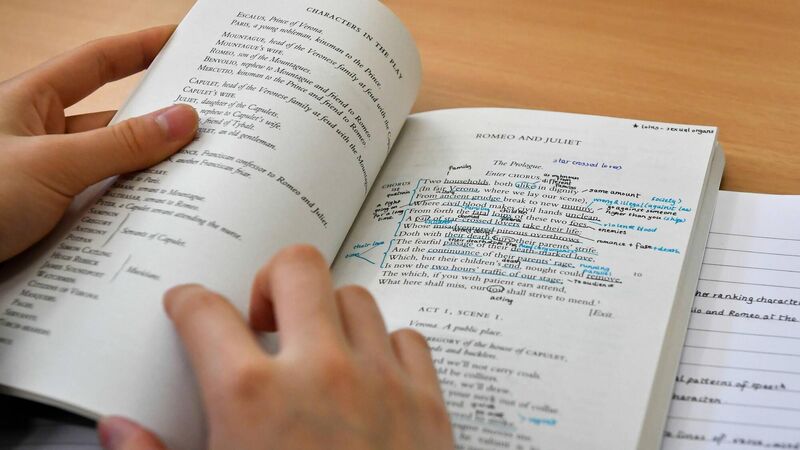Secondary students' interest in studies waned during pandemic

A new study got the views of more than 1,000 second-level students and more than 700 school teachers. It found that students in Junior Cycle were three times less likely to report active engagement with education than in other year groups.
There was a marked drop in student interest in their studies at second level, with a lack of support and availability of devices also linked to a fall-off in engagement with schooling during the pandemic.
The finding is included in a new study which got the views of more than 1,000 second-level students and more than 700 teachers. It also found students in Junior Cycle were three times less likely to report active engagement with education than in other year groups.













